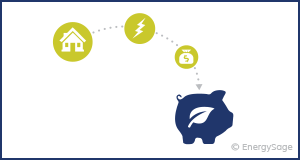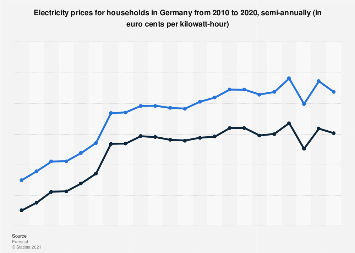With a floating rate plan, the price per kilowatt-hour of electricity can be determined by the market or other factors that retail energy providers take into account. Because Electricity Rates in the market often change, so do electricity prices. This is good when market prices fall. However, floating-rate plans can be costly if factors such as high temperatures and increased demand drive up energy prices. Floating rates mean that the price you pay per unit of energy can increase or decrease at any time during your time with the supplier. This is often accompanied by, but not always, variable wholesale prices. The key to floating rates is that suppliers can change things at any time for any reason, but you need to be notified when prices go up. If the wholesale price of energy falls, the supplier may pass this price on as a discount per unit of energy. This means you can spend the same amount for less or use a little more energy without paying a higher bill. Plus, rates change with no closing fees or closing dates, so you can switch quickly and easily when you find a better deal. In most cases, energy prices change over time. However, several other factors can lead to changes in energy levels. In general, there is no rule on when energy prices can be changed or not. There can be some thinking about when the price will go up or down, but it can be difficult to predict. In some cases, energy companies can issue warnings as peak season approaches as they need to save electricity. Variable plan users can plan their usage according to the season also.
Extra benefits of floating-rate plans

If energy prices fall by a fixed rate, you won’t feel the benefits. Perhaps even worse, your friends who don’t accept your advice to make a deal will be extremely pleased with that. Most providers charge a withdrawal fee if they leave the fixed-rate contract before it expires. If you use too much electricity, then you may get benefit from super saver packs. Perhaps the biggest downside to a flat energy charge that people tend to forget is that when it’s done, the supplier moves to the rate. For floating rate plans, the amount you pay depends on the market. This could mean that prices change monthly or hourly. The advantage of this type of plan is that when the market price falls, the payment amount will decrease. However, in an environment that experiences extreme heat and cold, kWh prices can spike and monthly bills can spike. Understanding how variables help your customers compared to fixed energy plans will make it easier for you to choose the right energy plan. For floating-rate energy contracts, the price paid per kWh depends on the market and other factors. The factors used to determine variable energy standards may vary from supplier to supplier. For floating-rate energy plans, kWh prices are subject to change with little or no warning. As a result, the payment amount can vary significantly depending on the current kWh price and usage. However, if in extremely cold winters, you may want to use a fixed-price energy plan.


